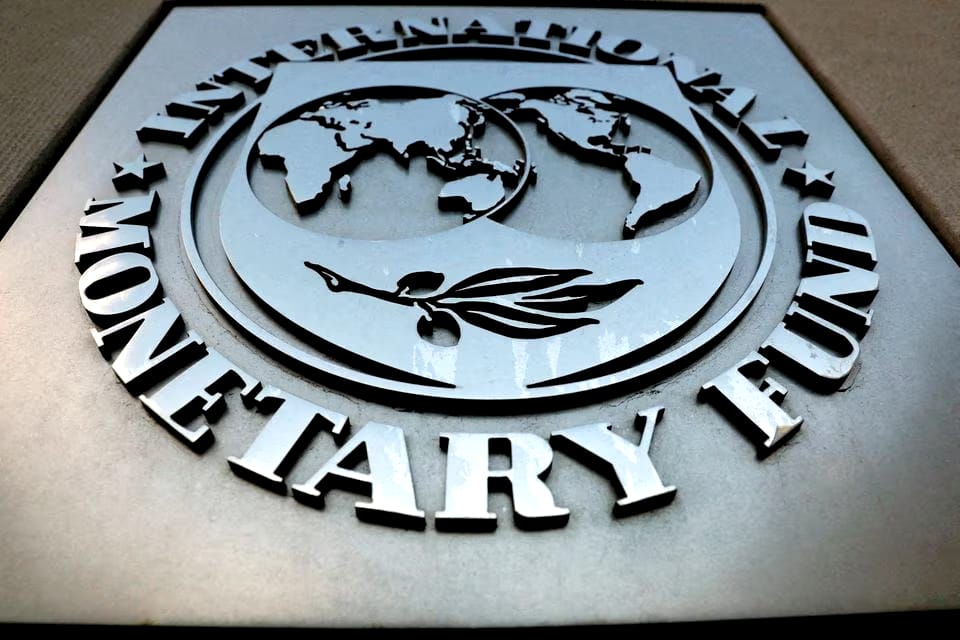The International Monetary Fund’s executive has approved a $3 billion, three-year loan program for Ghana, allowing for an immediate disbursement of about $600 million.
The second face of the disbursement is expected by December 2023.
The IMF said in a statement that securing timely debt restructuring agreements with external creditors would be vital to successfully implement the Extended Credit Facility loan aimed at helping the West African country to overcome it’s immediate economic challenges.
The remaining amount of the loan will be disbursed in tranches of $360 million every six months, subject to meeting the IMF programme conditions.
Apart from the loan, Accra will also benefit from other donors to support the country’s economic development.
The World Bank will further come on board with the about $900 million to support Ghana’s Budget.
Minister of State at the Finance Ministry, Dr. Mohamend Amin Adam told Joy Business government is committed to transparency regarding the loan.
“As a result of this, the government has instructed the IMF to publish all the document once the approval has been given. The documents will be out there for the public to continue to scrutinise and to help monitor. It is important because we are suppose to implement a number of measures and to the extent that the public must know what these measures are”, he said.
“Through this, they [Ghanaians] will be able to ask relevant questions as to how we are performing. Public accountability will continue to be a feature of the Ghanaian politics. We have a strong parliament who are not afraid to ask relevant questions and so we want to be as transparent as possible and that is the commitment the president [Akufo-Addo] has made”, the Minister of State.
Recall that in December last year, the IMF staff and the Ghanaian authorities reached staff-level agreement on economic policies and reforms to be supported by a new three-year arrangement under the Extended Credit Facility (ECF) of about US$3 billion
The authorities’ strong reform program aims at restoring macroeconomic stability and debt sustainability while protecting the vulnerable, preserving financial stability, and laying the foundation for strong and inclusive recovery.

